Visit Las Menas, an abandoned mining town in the Sierra de los Filabres in Almeria province, purpose built in the 19th century by a consortium of British, French and Belgian mining companies.
By Nick Nutter | Updated 18 Mar 2023 | Almería | Places To Go |
Login to add to YOUR Favourites or Read Later
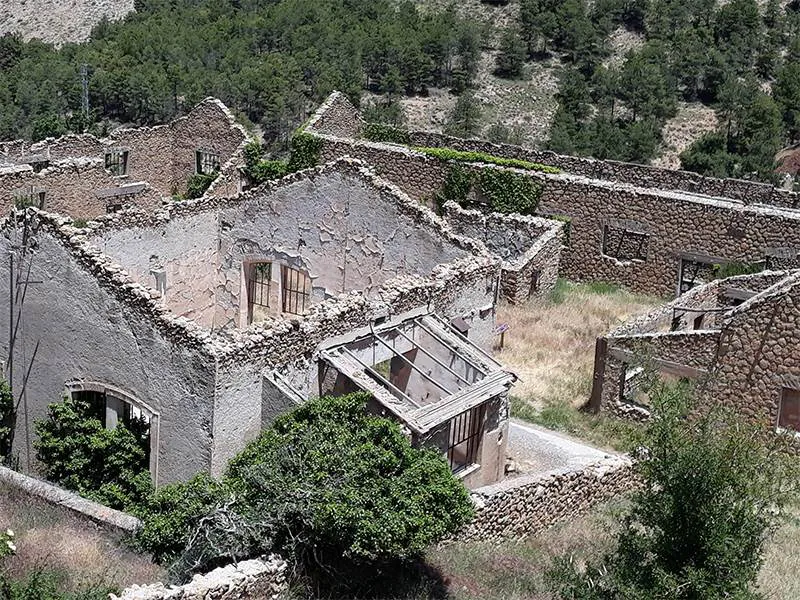
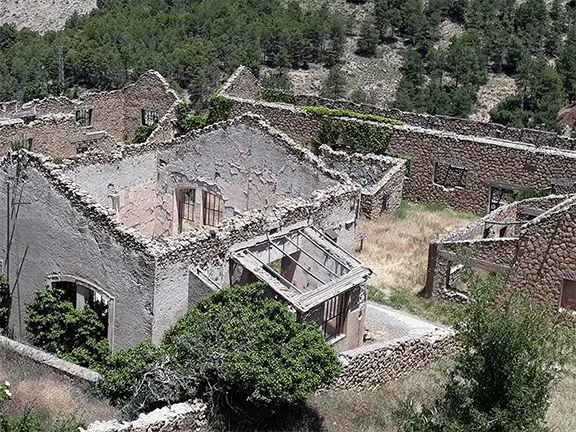
Casa de Jefe Las Minas
In a valley, high in the mountains of Sierra de los Filabres in Almeria province, three companies, one English, one Dutch and the third Belgian, built an entire town that included a very English football pitch and a very Spanish bullring. At the beginning of the 20th century over 2000 people lived there, the workers and their families employed to extract iron ore from the mines of Las Menas.
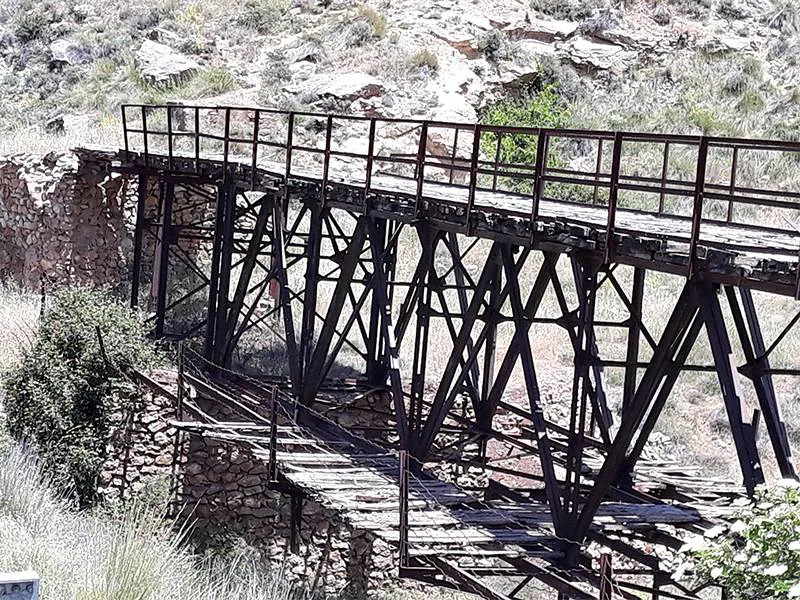
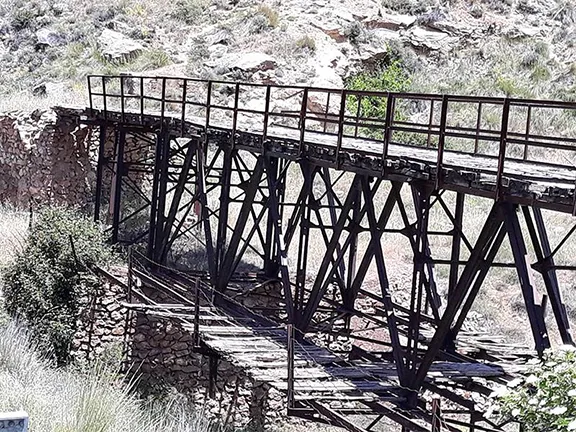
Iron Bridge Las Menas
During the late 19th century the industrial revolution in Europe and the increased usage of iron in the building and engineering trades and for industrial machinery, including steam engines, caused a demand for iron ore. Mining companies were formed to exploit iron ore deposits not just in their home countries but abroad as well. Many places that had a cheap source of labour and easy to extract ore experienced an ‘iron rush’. Problems such as lack of nearby accommodation for the workers and difficult terrain over which to transport the ore to foundries and ports were of secondary consideration, those minor inconveniences were all solvable in the new, dynamic, industrial age.
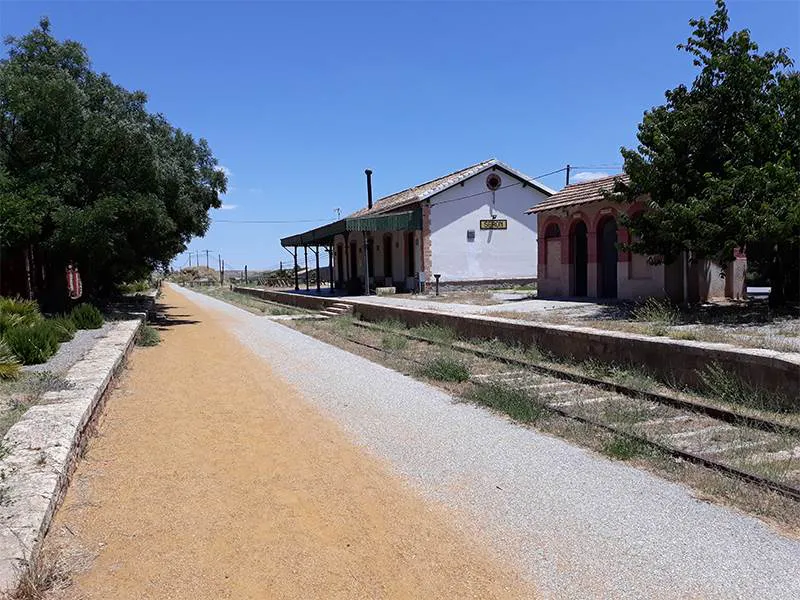
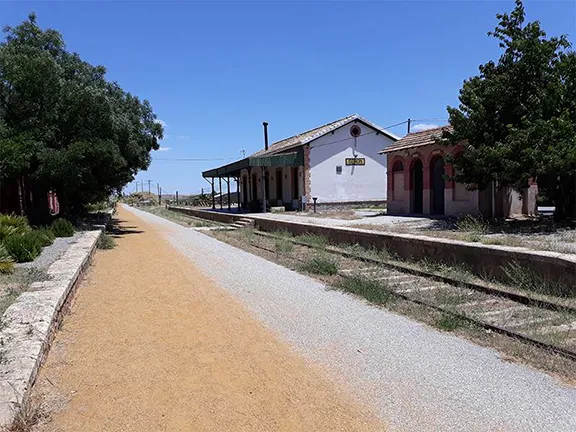
Estacion Seron
Andalucia is blessed with a long range of mineral rich mountains, the Sierra Morena, that extends 450 kilometres from the Portuguese border in an easterly direction all the way into Castilla La Mancha. At the eastern end of the Sierra Morena, in Almeria province, there are a series of shorter Sierras parallel and south of the Sierra Morena. Amongst those Sierras is the Sierra de los Filabres that runs for 50 kilometres through Almeria forming the southern boundary of the Rio Almanzora valley. Many valuable minerals have been exploited from the Sierras through the ages including silver, gold, copper, lead and iron. The Sierra de Los Filabres is rich in lead ores and iron deposits.
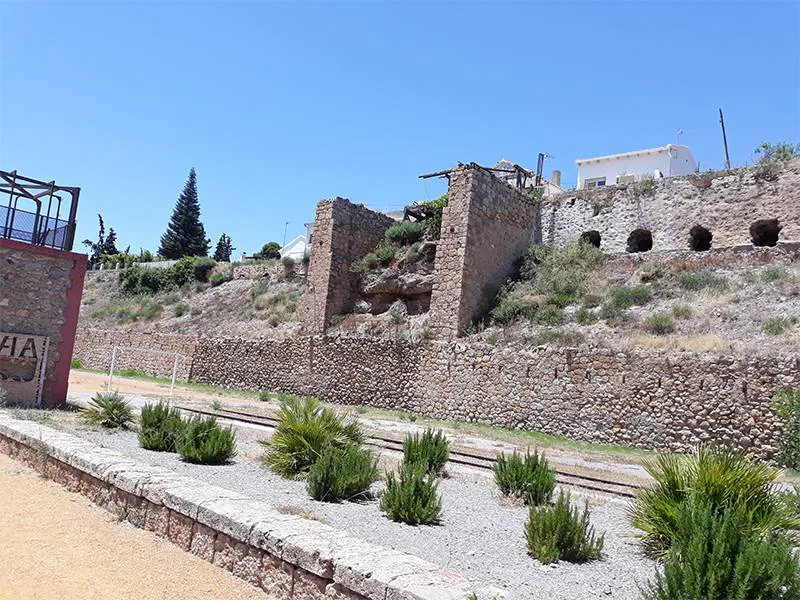
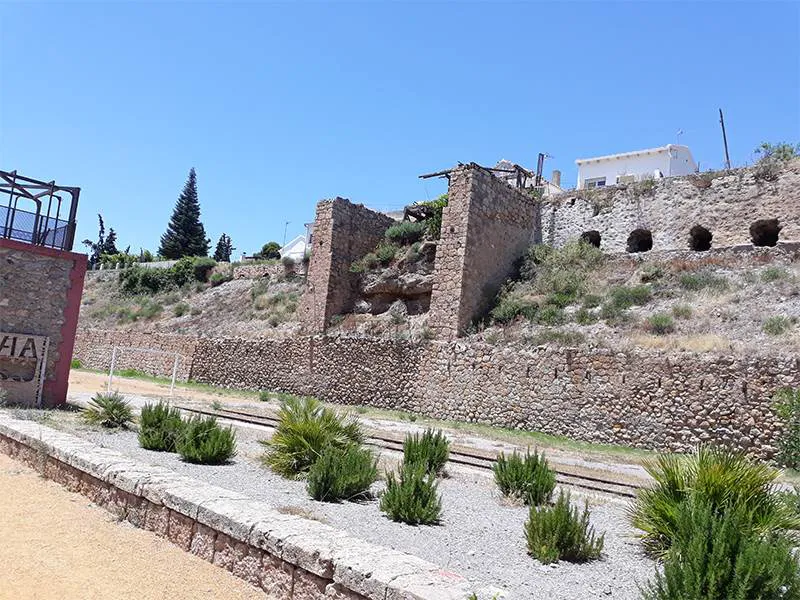
Ore Loading Area Seron
Lead mining had been practised in the Sierra de Los Filabres for decades before the value of the iron was realised. Spain had been very slow to take advantage of the new industrial technologies being developed in other European countries and the turbulent politics of the country during the 19th century discouraged foreign investors until 1874, when the moderate king Alfonso XII became ruler. For a brief period investors from abroad were encouraged to reform key industries in Spain in an attempt to reverse the serious capital deficit that had grown since the end of the Peninsula War in 1810, amongst them, the mining industry.


Video By: Julie Evans
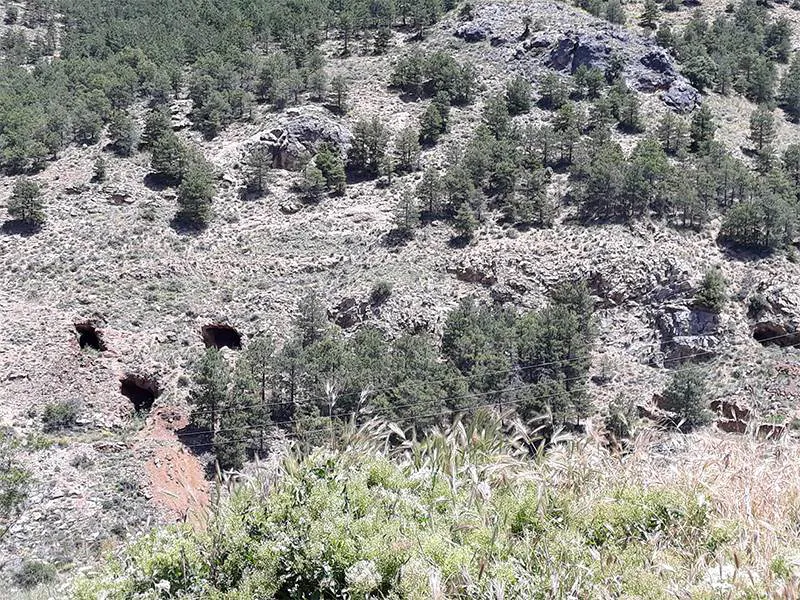
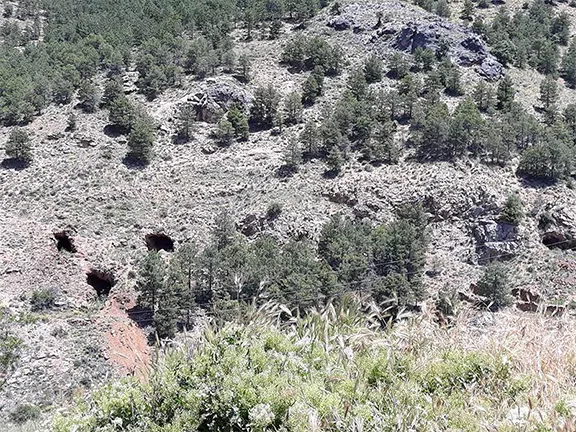
Mine Shafts at Las Menas
Three companies, the Belgian ‘Mines et Chemin de Fer Bacares – Almeria et Extensions’ incorporated in Brussels in 1887, the British ‘Bacares Iron Ore Mines Limited’ incorporated in Glasgow in 1899 and the Dutch ‘W.H. Mullery y Cia’, already operating in Santander, collaborated to exploit the iron in the Sierra de Los Filabres in the municipality of Serón. The Belgian and Dutch companies amalgamated in 1925 to form the ‘Sociedad Minera Cabarga San Miguel’.
Las Menas is 17 kilometres from the small town of Serón, at an altitude of over 1000 metres in a small valley on the northern flanks of the Sierra de Los Filabres. It is extremely hot in summer and deep snow is common in the winter. The landscape is rugged and had no road or rail connection with the Almanzora valley, the main artery between Granada province and the Mediterranean sea at Villaricos. The largest port on that coast during the late 19th century was Aquilas, just over the Andalucian border, in Murcia.
Between them the three companies first built a town, Las Menas, that included housing, shops, a hospital, school, Guardia Civil station and a church. For further entertainment they also included a cinema, a bullring and a football pitch. Aerial cable runways transported the ore from the valley down to a specially built loading area at Estación Serón where the ore was loaded into railway trucks on the Baza to Lorca and Aquilas railway, a line built by another British company, the ‘Great Southern of Spain Railway’ between 1870 and 1894. The road connection between Serón and Las Menas had to wait until 1950.
By 1925 there were 2,291 people employed by the mining companies and a total of 25 kilometres of galleries had been hewn through the mountains. The iron ore was shipped to foundries in northern Europe. Ironically some of it was used to build the cargo vessels, the tramp steamers, that travelled the world bringing cheap products back to the industrialised nations, including those that brought cheaper iron ore from Brazil and North Africa. Mining activity ceased in 1968 due to competition, primarily from the mines in North Africa. The entire population of Las Minas had to abandon their town and find work elsewhere.
Today some of the abandoned buildings in Las Menas are being converted into an outdoor leisure complex. The emphasis is on walking and nature. There is to date (June 2020) accommodation in rural houses, a camp site and a venta. The ruins are of great interest to industrial archaeologists.
In 2013 the Alfarajo company, together with an unnamed American company, requested permission to carry out prospecting in the area with a view to exploiting lead and iron deposits and other unspecified mineral resources. We may yet see a resurgence of mining activity at Las Menas.
For information about Mining in the Sierra Almagrera and Las Herrerias